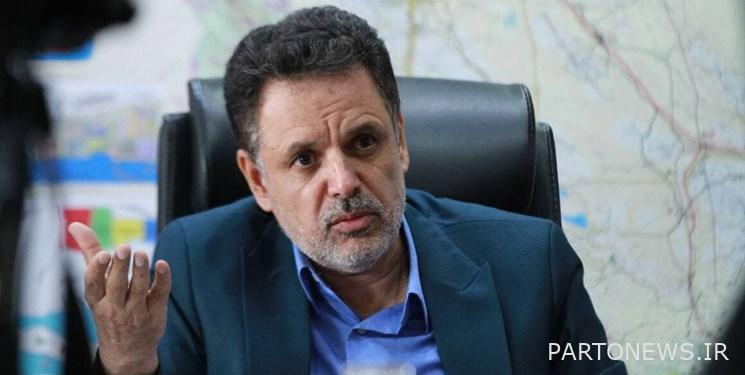Creating 1.2 million barrels of refining capacity in the Persian Gulf region

According to the economic reporter of Fars news agency, Jalil Salari at the signing ceremony of the memorandum of understanding for the production of calcined petroleum coke between the National Company for Refining and Distribution of Petroleum Products of Iran and the Organization for the Development and Modernization of Mines and Mineral Industries of Iran (IMIDRO), stating that one of the tasks in the ministry Iran’s National Petroleum Refining and Distribution Company is developing and expanding refineries and completing the value chain, he added: One of our most important plans is to move from fuel-oriented to profit-oriented.
The CEO of Iran’s National Refinery and Petroleum Products Distribution Company continued: Preventing the sale of crude oil is the policy of the 13th government, and based on this, it is necessary to supply the downstream industries.
Salari pointed to the signing of this memorandum and said: We need the production of anodic and sponge grade coke in the steel and aluminum industries. With the studies that were done, the technical knowledge has become local and today we have the ability to provide enough feed for the production of anodic and sponge coke with the components produced in the refining companies.
He emphasized: With this measure, we can solve the import of anodic coke, which is one of the important issues of production and is considered one of the major challenges of the steel and aluminum sector under sanctions.
The Deputy Minister of Oil stated that the feed for the production of this coke will be provided with the planning done, and added: In the Persian Gulf region, the policy is to turn this region into an energy hub in terms of refinery construction, and in this regard, we should go towards the construction of petrorefineries.
He added: Now in that area there is the Bandar Abbas refinery with a capacity of 360,000 barrels and the Persian Gulf Star refinery with a capacity of 420,000 barrels. It is on the agenda and with the use of these plans, a refining capacity of more than 1.2 million barrels will be created in that area.
Pointing out that a good infrastructure has been established in that area for the transfer of oil products, Salari clarified: the network of product transfer lines to the east of the country from the Kerman route is being strengthened and 2 lines of 26 inches will be created. On the other hand, taking into account that part of the production of Shahid Qassem Soleimani Petrochemical Refinery is petrochemical products, the export opportunity of 35% of the production of this refinery is provided.
He said: 25 process units will be built in this refinery and it will also provide ancillary services. According to the law, in addition to the presence of the public sector, we will cooperate with holdings and banks to build it in five years.
The CEO of Iran’s National Refinery and Petroleum Products Distribution Company added: According to the process pattern we saw, coordination was done and the permits of the Economic Council are being obtained. On the other hand, we will obtain the permission of the Money and Credit Council for the group of banks to deposit the company’s share capital and register the company, so that we can proceed to the process of executive operations, considering that the defined model is part of the fundamental studies done.
end of message/
You can edit this article
Suggest this article for the first page

